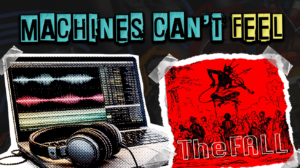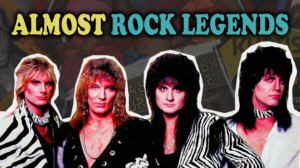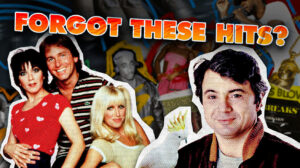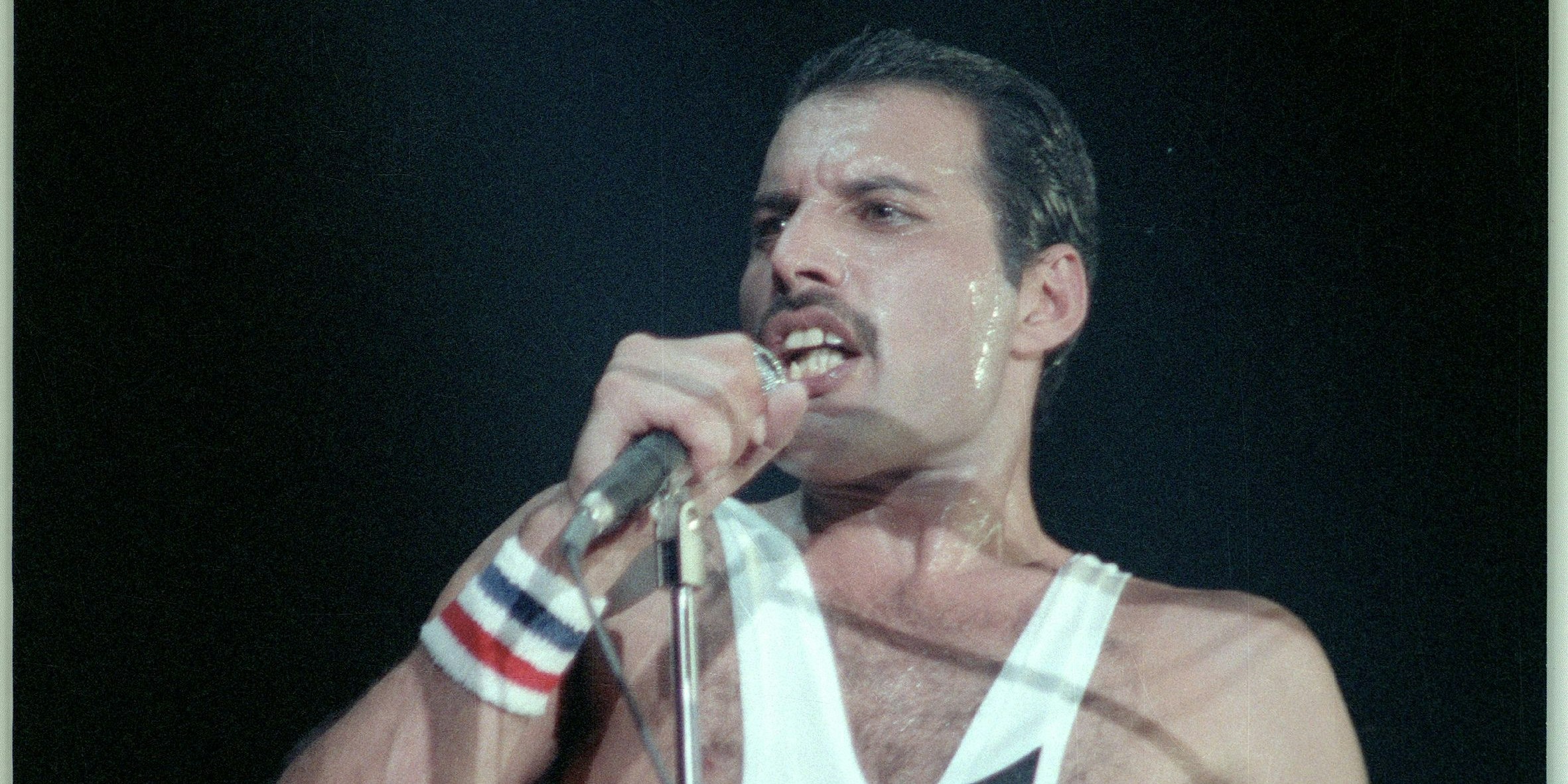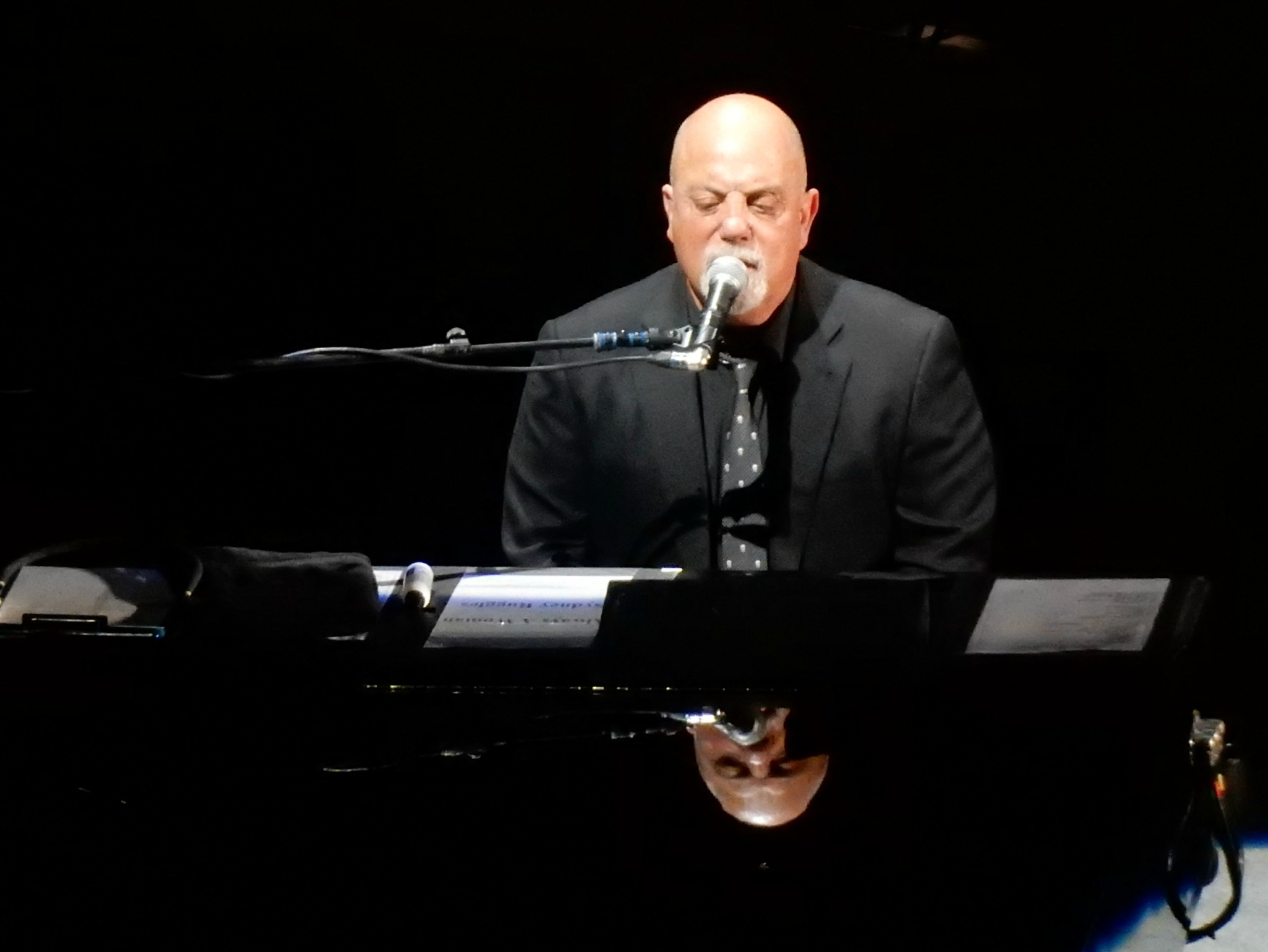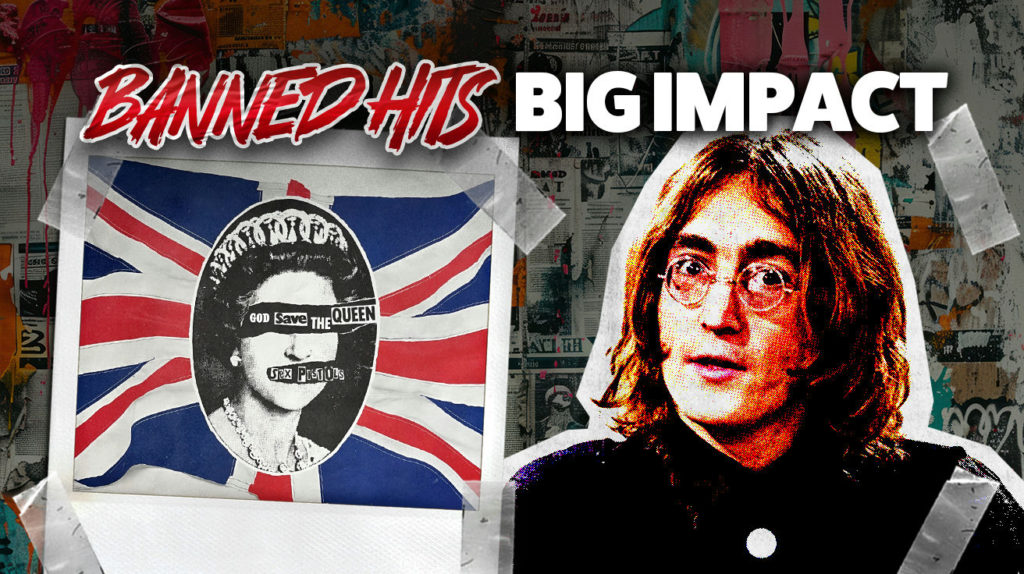
Music doesn’t just reflect culture—it challenges it, reshapes it, and sometimes scares those in power. When authorities silence artists, they inadvertently create battle cries that echo across generations. These forbidden melodies expose society’s raw nerves, turning simple songs into cultural flashpoints that spark real change.
Banned tracks often tackle taboo topics or threaten established norms, making them targets for censorship. But suppression usually backfires spectacularly—like trying to put out a fire with gasoline. The very songs meant to be silenced become amplified, their messages spreading faster than if they’d been left alone.
12. War Pigs
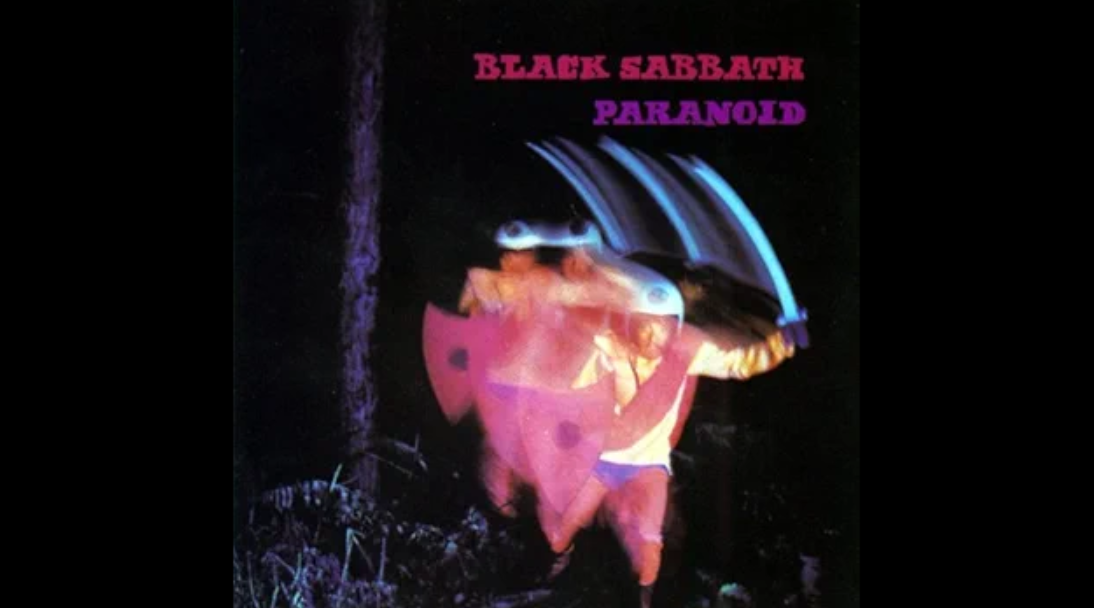
Black Sabbath’s “War Pigs” called out military leaders who send others to die while staying safe themselves. After 9/11, Clear Channel added it to their “inappropriate” list, fearing its anti-war message during a time of heightened patriotism. The discouragement only highlighted its uncomfortable truths.
The track’s doom-laden riffs matched its dark subject matter perfectly, like a soundtrack to apocalypse. Its relevance never fades because war never does. Each new conflict breathes fresh meaning into lyrics written decades ago, proving some songs become more necessary with time, not less.
11. God Only Knows
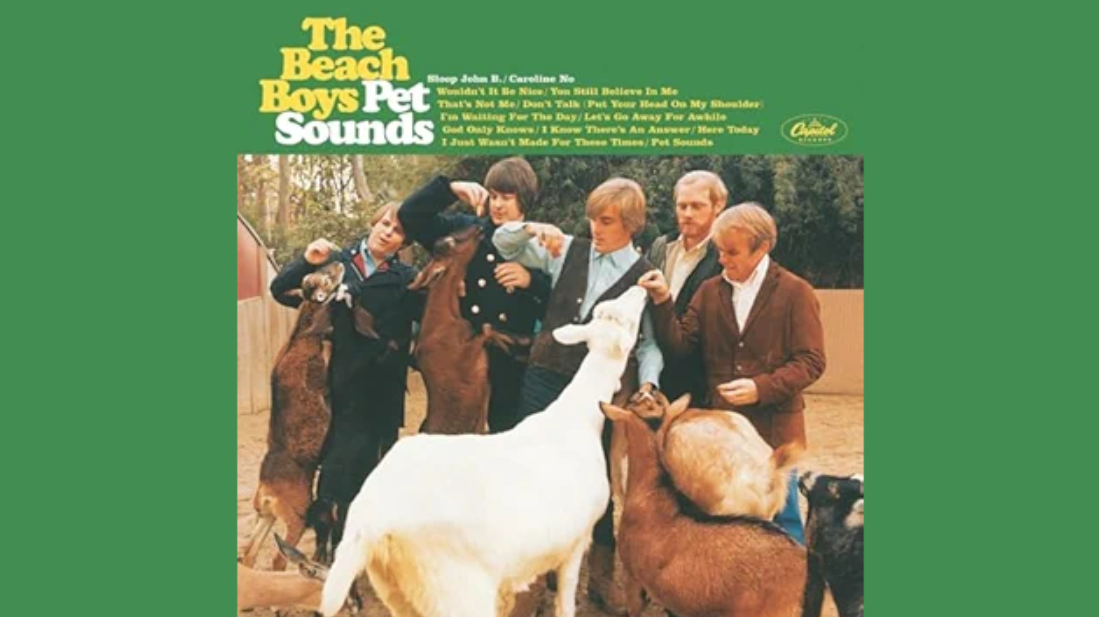
The Beach Boys created a masterpiece in “God Only Knows” only to face resistance from some radio stations. Research shows while some sources claim southern stations banned it for using “God” in the title, this may be exaggerated. Brian Wilson had originally worried the title would cause problems, but widespread banning didn’t materialize.
The irony? This gentle melody with complex harmonies worried people more than songs about sex and drugs. The controversy faded as listeners focused on its artistic brilliance rather than perceived blasphemy. Sometimes beauty overwhelms censorship, just as warmth melts ice.
10. Strange Fruit
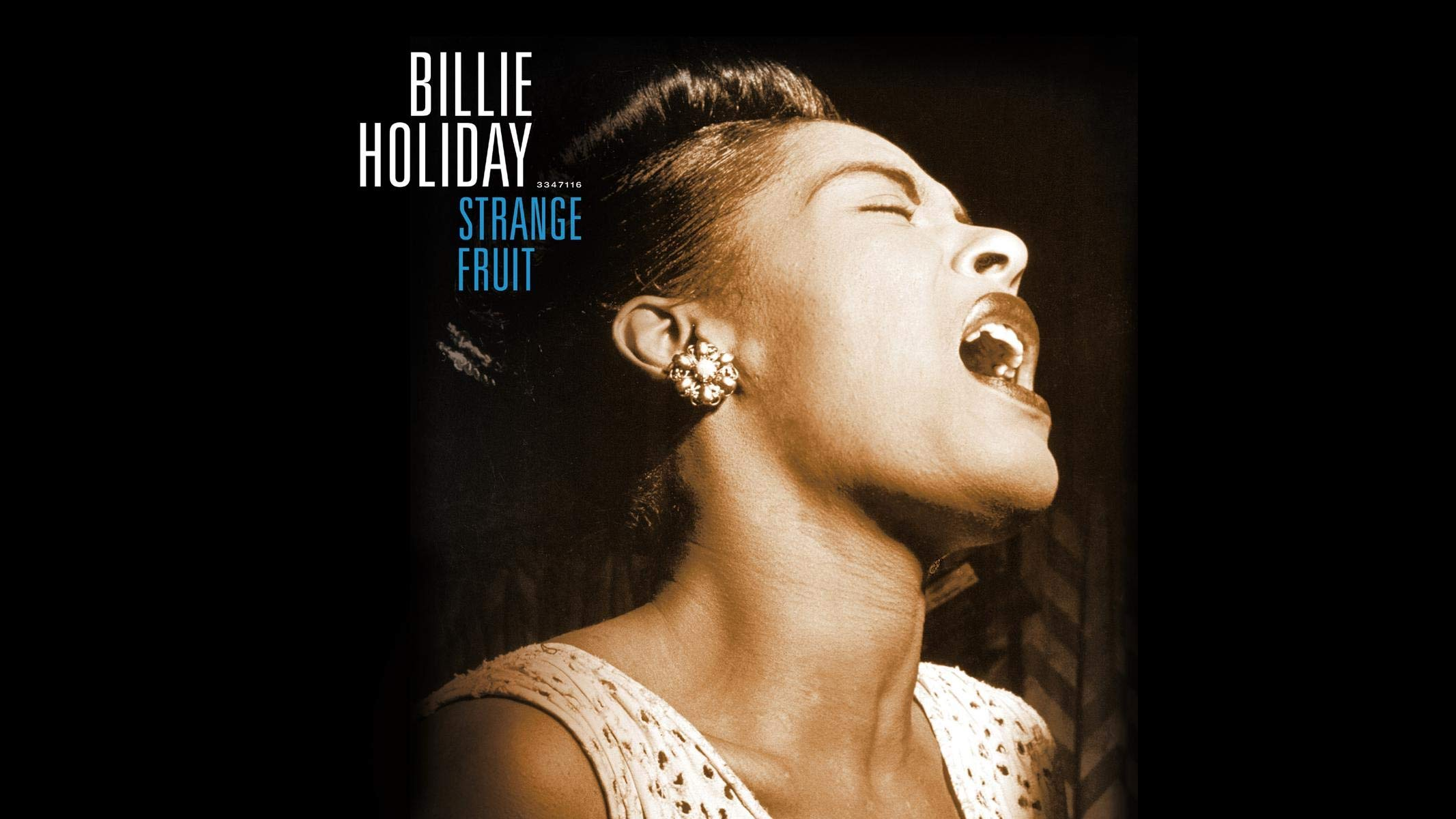
Billie Holiday’s “Strange Fruit” confronted America with its ugly truth in 1939, describing lynched Black bodies with haunting clarity. Southern radio stations refused to play it—a metaphorical closing of eyes to avoid seeing their own reflection. The Federal Bureau of Narcotics even targeted Holiday personally, determined to silence both artist and message.
Despite persecution that contributed to her tragic early death, Holiday’s courage transformed music into protest art. Her refusal to be silenced created space for future artists to challenge injustice through song. Sometimes the most important music makes people most uncomfortable.
9. Louie Louie
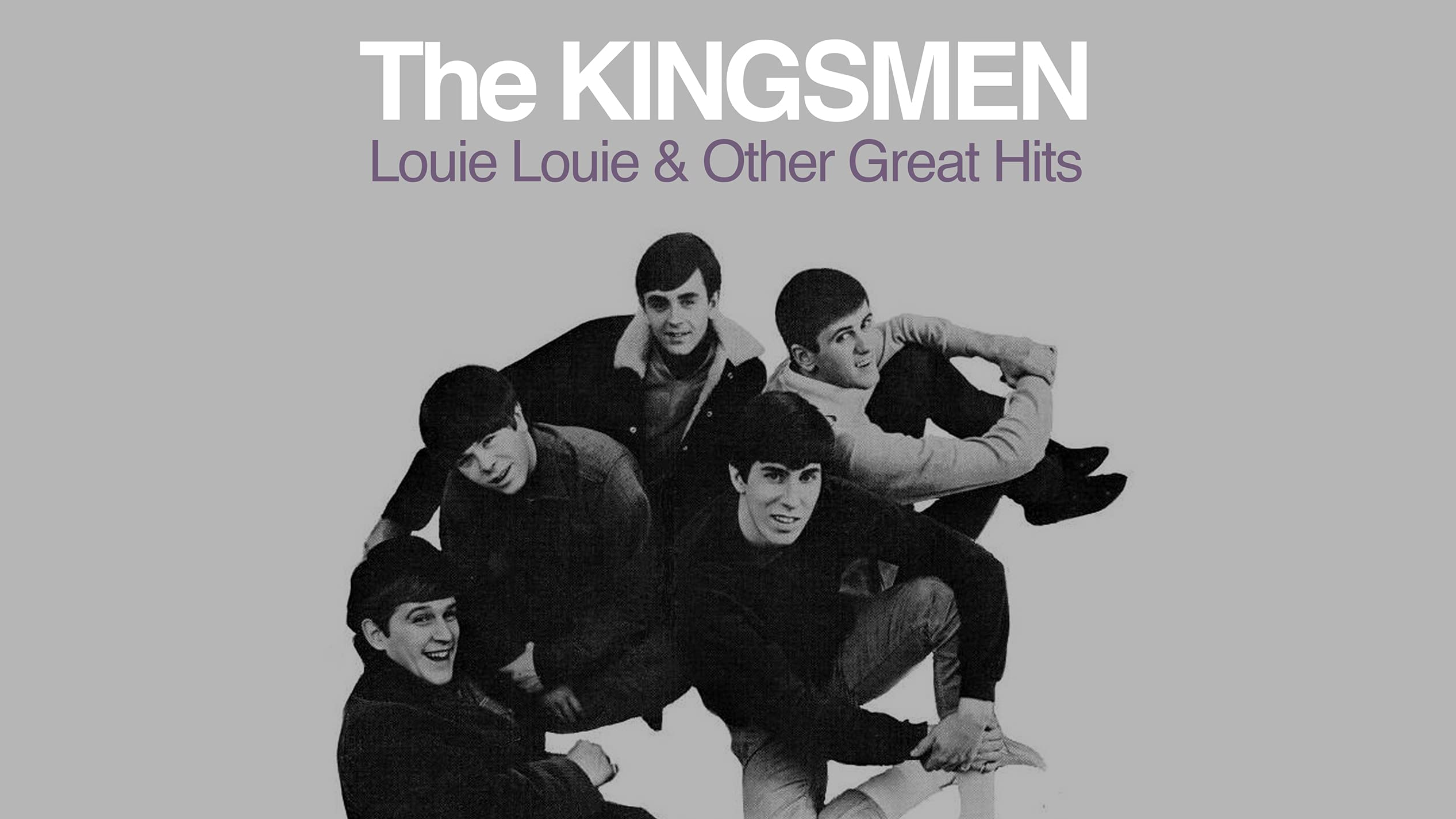
The Kingsmen’s 1963 recording of “Louie Louie” triggered perhaps the most absurd moral panic in music history. Poor sound quality and the singer’s braces made innocent lyrics completely unintelligible, sparking rumors of hidden obscenities that reached FBI headquarters. The resulting two-year investigation found nothing—because there was nothing to find.
This three-chord garage rock song became accidentally subversive, turning teenage gibberish into suspected filth. Parents and officials created the controversy through their own paranoia, transforming mediocre musicianship into countercultural defiance. Sometimes the establishment’s fear reveals more about them than about what they fear.
8. The Pill
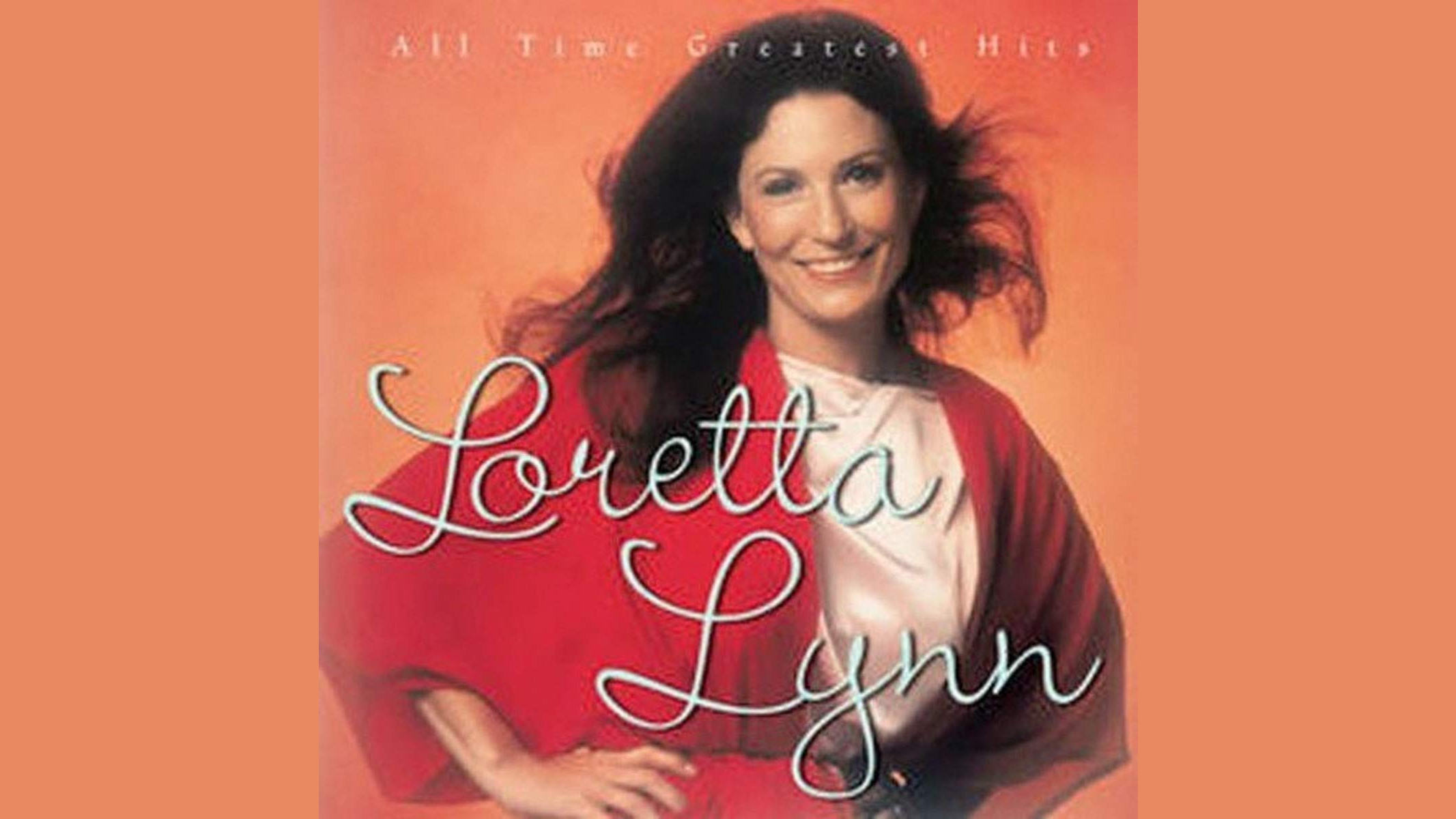
Country music typically serves up trucks, heartbreak, and patriotism—not women’s liberation. Loretta Lynn broke the mold with “The Pill” in 1975, celebrating contraception while Nashville clutched its cowboy hat in horror. Radio stations pulled it faster than anyone could say “family values.”
Yet Lynn’s straightforward take on reproductive freedom started conversations in places feminist literature never reached. Rural doctors even thanked her for addressing family planning in communities where such topics remained taboo. The track charted despite the ban, proving country music could tackle social issues with the same impact as protest folk songs.
7. Highway to Hell
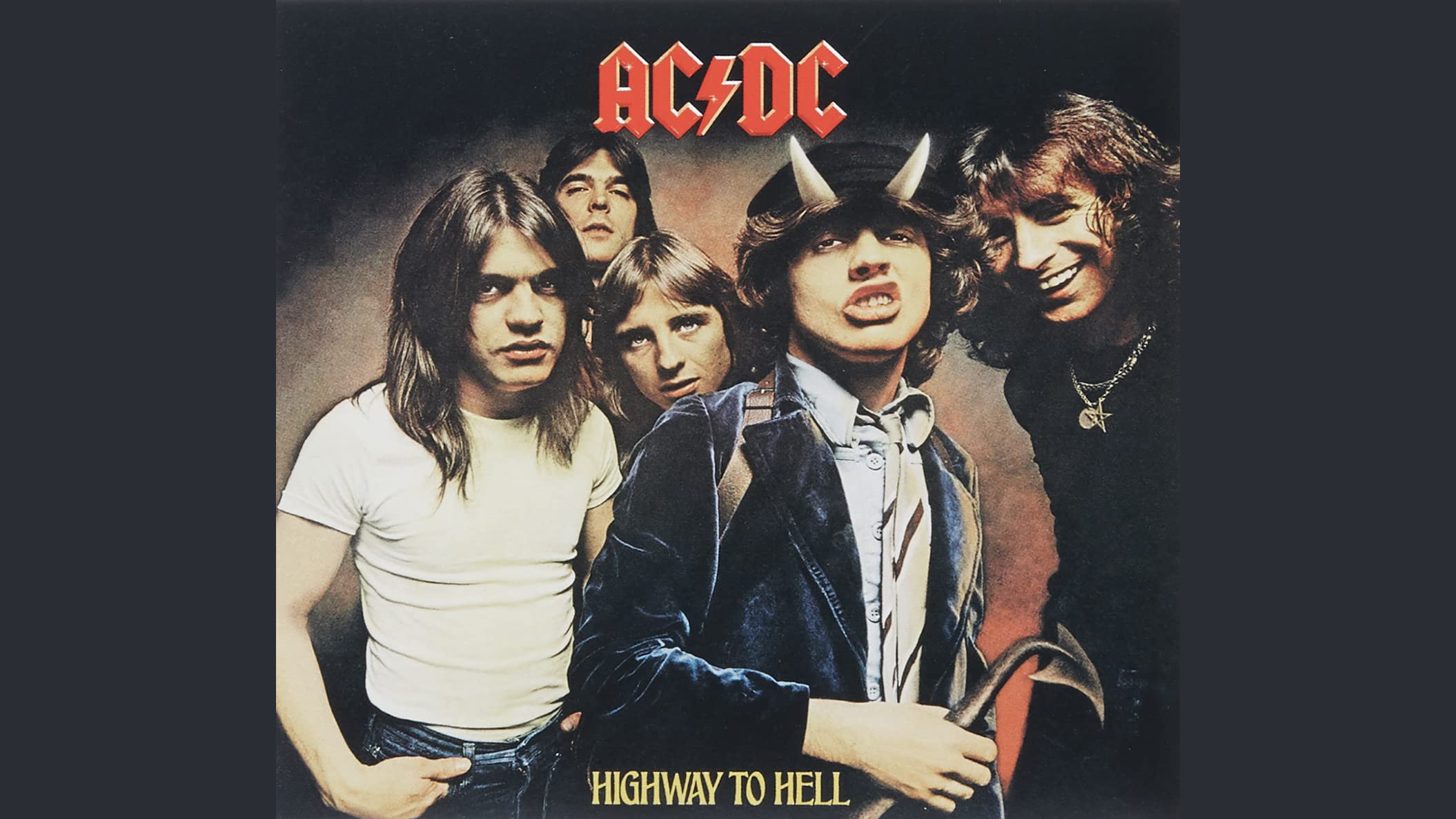
AC/DC’s “Highway to Hell” terrified parents in 1979 with its supposed satanic undertones. The panic resembled a scene straight out of “Footloose”—adults convinced that rock music was corrupting innocent minds. Research shows the song appeared on the post-9/11 Clear Channel memorandum of songs with “questionable lyrics” that radio stations were discouraged from playing.
The attempted discouragement only amplified its appeal. People wanted the forbidden fruit, turning a hard rock track into cultural legend. Today, those same parents who once clutched their pearls probably rock out to it on classic radio stations. Funny how moral panic ages over time.
6. Another Brick in the Wall
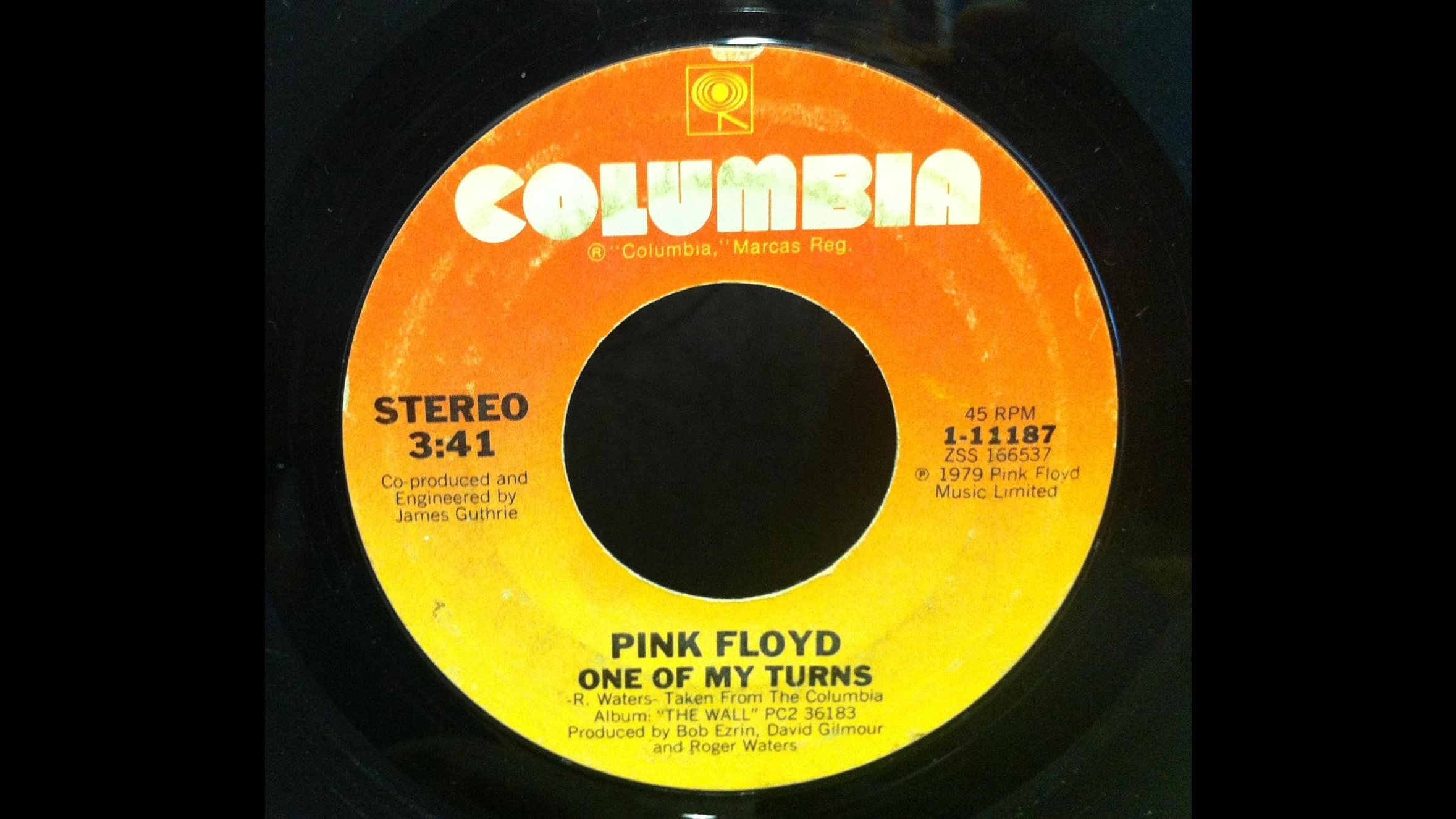
Pink Floyd’s “Another Brick in the Wall, Part 2” attacked oppressive education systems with a chorus of schoolchildren chanting about not needing education. South Africa banned it immediately—which is exactly how you guarantee protesters will adopt your song as their anthem during apartheid resistance.
The track’s simplicity became its strength, like a slogan that fits perfectly on a protest sign. Critics worried it promoted ignorance, missing the point entirely—it targeted mindless conformity, not learning itself. The system it challenged unwittingly amplified its message through attempted suppression.
5. Relax
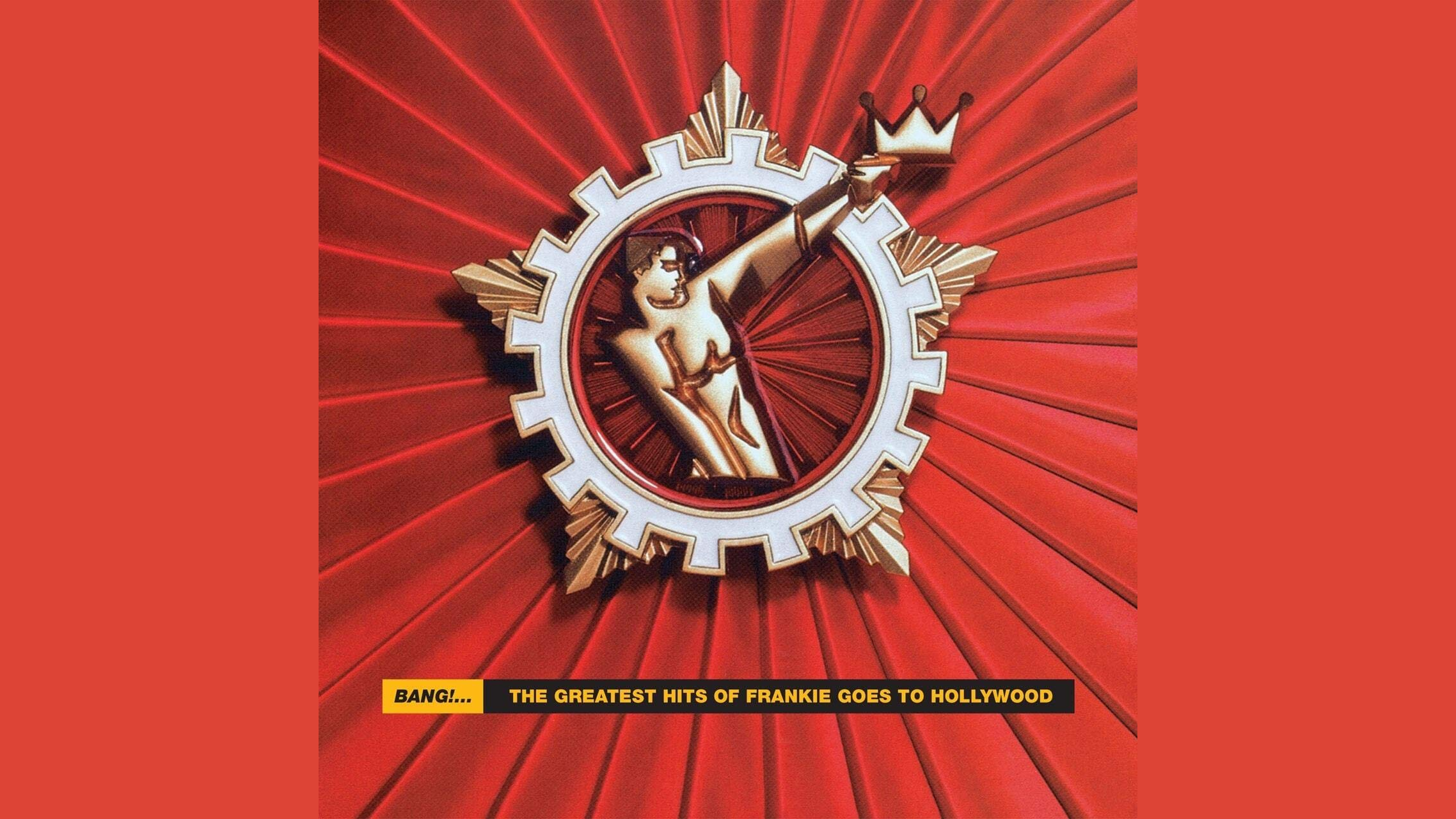
Frankie Goes to Hollywood dropped “Relax” in 1983, a synth-pop banger with unapologetic LGBTQ+ themes. When BBC’s Mike Read banned it midway through airplay, he unknowingly handed the band a golden ticket to superstardom. The song dominated the UK charts for 37 weeks, proving censorship makes the best marketing strategy.
The ban transformed a dance track into a symbol of freedom. By trying to silence queer expression, authorities only made it louder. Today’s battles over representation might use different platforms, but the pattern remains the same—suppression breeds resistance, and music becomes the weapon of choice.
4. Imagine
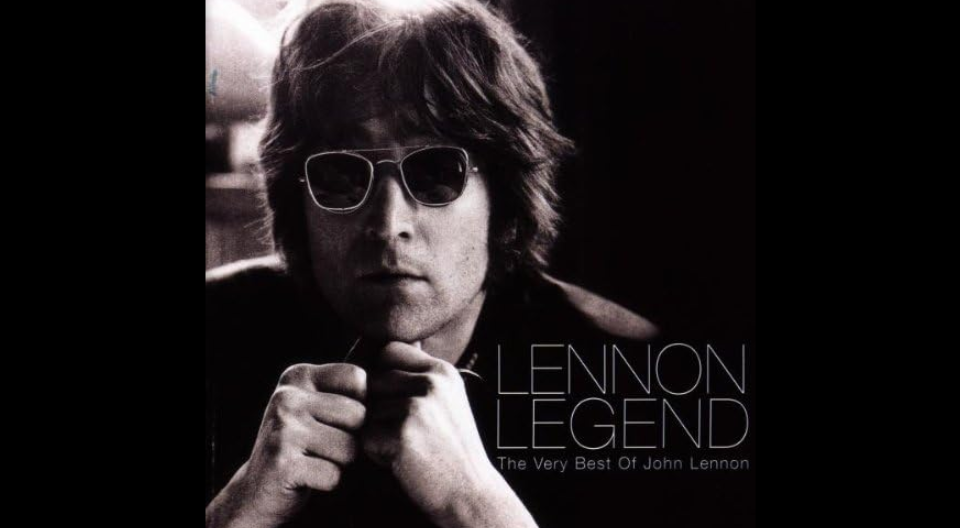
John Lennon’s “Imagine” dared listeners to picture a world without borders, religion, or possessions. Religious groups attacked its vision as threatening their beliefs, while conservatives saw it as dangerously anti-capitalist. Clear Channel added it to their post-9/11 advisory list, apparently afraid of a song about peace during wartime.
Yet its gentle piano and utopian vision continued spreading hope despite resistance. Like a seed that finds cracks in concrete, Lennon’s message kept growing through every attempt to contain it. The song remains a cultural touchstone because it offers what humanity constantly seeks—harmony.
3. Killing in the Name
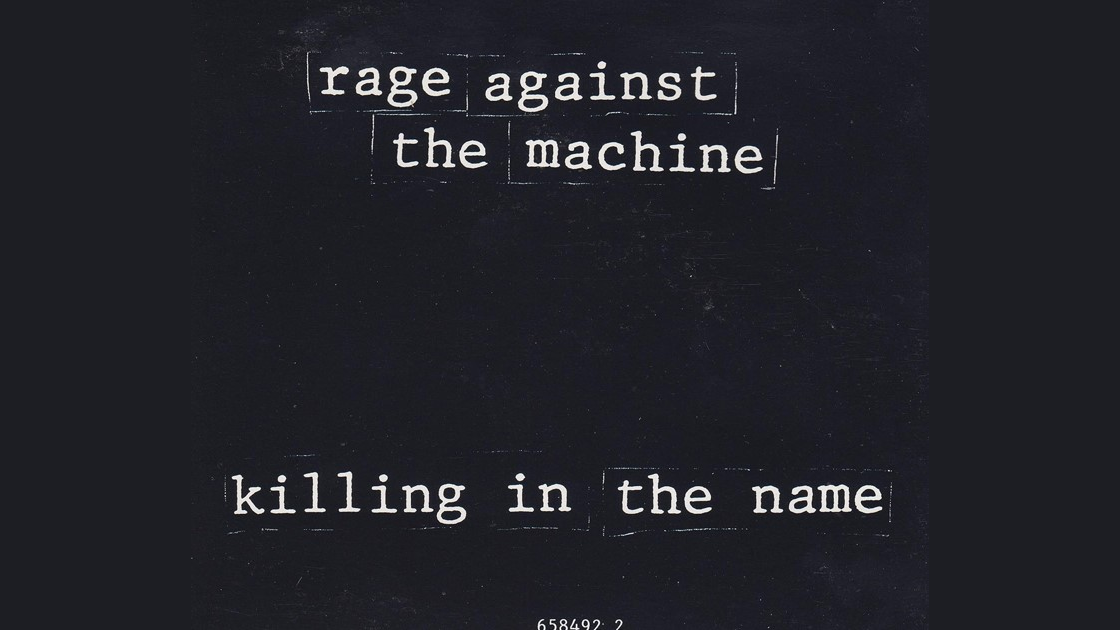
Rage Against the Machine’s “Killing in the Name” attacked police brutality head-on after the 1992 Los Angeles riots. Research shows that while the uncensored version was banned on American MTV, the song wasn’t banned from all radio stations, though many refused to play it due to explicit lyrics.
Their fusion of rap and metal created the perfect vessel for rage against systemic oppression. The song became a soundtrack for activism, growing more relevant with each new case of police violence. Some music doesn’t just reflect its time—it echoes forward through decades, gaining power rather than losing it.
2. God Save the Queen
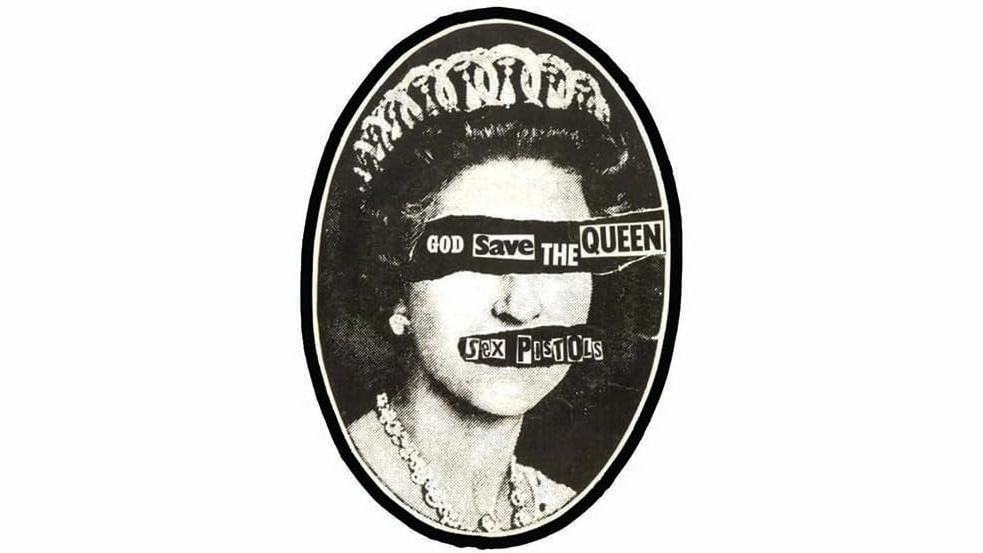
The Sex Pistols took aim at the British monarchy with “God Save the Queen,” comparing Elizabeth II to a fascist regime. The BBC banned it instantly during her Silver Jubilee celebrations, but couldn’t stop it from hitting #1 on alternative charts. The establishment’s pearl-clutching only made punk more powerful.
Their raw anger cut through polite society like a safety pin through designer clothing. Without mainstream airplay, they still reached millions, proving rebellion finds a way—like water around obstacles. The song that was supposed to disappear instead defined an era.
1. Cop Killer
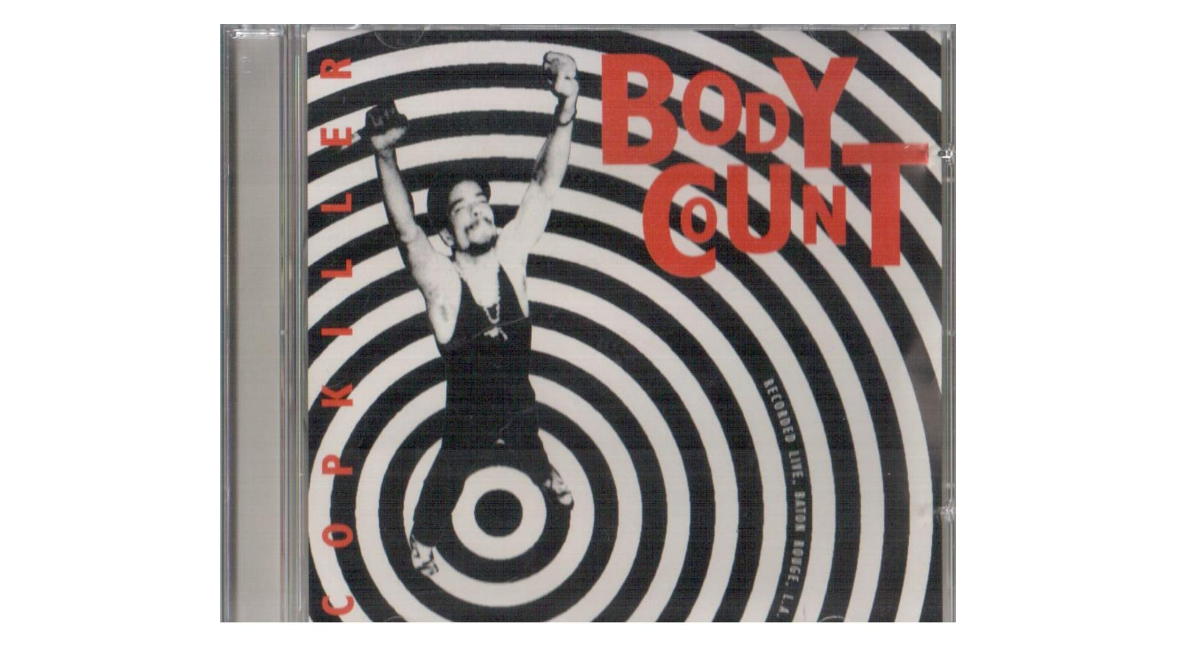
Body Count’s “Cop Killer” hit America’s rawest nerve in 1992, just as the Los Angeles riots erupted following the Rodney King verdict. Research confirms it received criticism from President George H.W. Bush and Vice President Dan Quayle, who condemned the song, calling it “outrageous.”
The track became a political lightning rod, with critics claiming it promoted violence while defenders saw legitimate protest against police brutality. Ice-T eventually pulled it from the album, but its impact was already cemented. Thirty years later, it remains officially unavailable on streaming platforms—a ghost that still haunts conversations about music, race, and policing.




